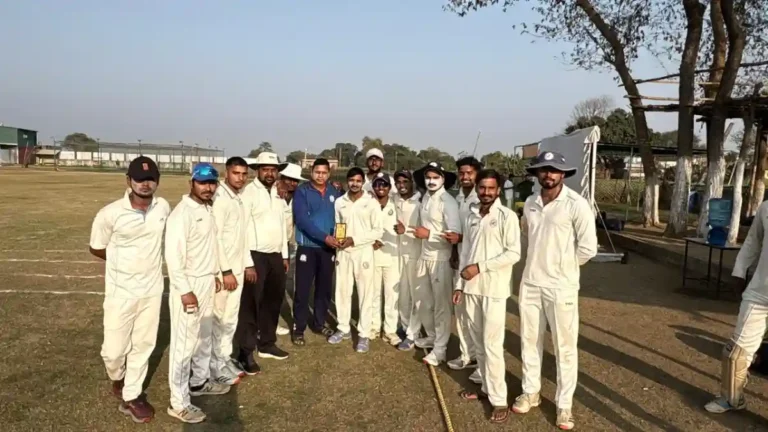
By Neeraj Kumar
Patna, May 25: The king of fruits, mangoes and litchis have made their way to Patna. Fruit markets, local fruit shops, and carts at intersections across the city are now selling these seasonal delights. Both permanent and temporary stalls have been set up in various locations, including Income Tax Roundabout, Rajendra Nagar, Doctor’s Colony in Kankarbagh, Kadamkuan, Patliputra Golambar, Raja Bazaar, New Market, Patna GPO Golambar, Kankarbagh Auto Stand, Chirayatand, Postal Park, Rajiv Nagar, and Bailey Road.
However, currently, litchis and mangoes are only reaching a select few households due to their high prices and lack of flavor. This is mainly because they are being harvested and brought to the market prematurely.
Varieties and Prices
Local shopkeepers report that Jardalu mangoes from Bhagalpur are now available, priced at Rs 120 per kg. Similarly, Bombayia mangoes from Bengal are also being sold at Rs 120 per kg. Other varieties include local Bombayia at Rs 120 per kg, Maldah at Rs 160-180 per kg, Totapari from Andhra Pradesh at Rs 140 per kg, and Alphonso from Maharashtra at Rs 170-180 per kg. Muzaffarpur litchis are being sold at Rs 150-170 per kg.
Harvesting Ripe Mangoes
Prof. (Dr.) S.K. Singh, Head of the Post Graduate Department of Plant Pathology and Nematology (Pusa), explains that it takes about 120 to 140 days from fruit setting to harvesting, depending on the species. When mangoes mature, their shoulders rise and they remain partially attached to the stalk while the dark green fruits turn light yellow. In some varieties, a clear white layer forms on the skin. The ideal harvesting time is when the fruits ripen and start falling from the trees. The optimal temperature for ripening mangoes is a maximum of 30-35 degrees Celsius and a minimum of 20-24 degrees Celsius.
FSSAI Warning on Artificial Ripening
The Food Safety and Standards Authority of India (FSSAI) has recently issued a guideline warning against the use of calcium carbide for ripening fruits, including mangoes. Calcium carbide releases acetylene gas, which contains harmful elements like arsenic and phosphorus, posing serious health risks such as dizziness, frequent thirst, burning sensations, weakness, difficulty swallowing, vomiting, and skin ulcers. Despite the ban on calcium carbide since 2011, some traders continue to use it.
Experts caution that prematurely harvested mangoes, often ripened with chemicals, are not only less sweet but also dangerous for health. Such mangoes may have uneven coloring and spoil quickly, leading to potential health issues like stomach ache, gastritis, allergies, stomach ulcers, and even cancer. In contrast, tree-ripened mangoes are uniformly colored and more flavorful.
Litchi Market Concerns
Kesari Nandan, Secretary of the Bihar Litchi Producers Association, notes that due to unfavorable weather conditions, litchis have not matured properly, resulting in inadequate color, pulp, TSS, and acidity. However, recent rains have aided their development, and the taste is expected to improve by May 26-27. Despite this, some traders are prematurely selling litchis, which have not fully ripened. This year, Bihar is expected to produce around 2 to 2.25 lakh tonnes of litchis, down from the usual 3 lakh tonnes. Litchis are being sold from gardens at Rs 60-70 per kg, while in the city, they are priced at Rs 150-180 per kg.
Upcoming Arrival of Dudhiya Maldah Mangoes
The Dudhiya Maldah mangoes from Digha are renowned both nationally and internationally. These mangoes are distinguished by their milky-colored peel, yellowish-green hue when ripe, and thin, fiberless kernels, making them very tasty. Each mango weighs about 250 grams. Dudhiya Maldah mangoes are expected to arrive in the market from the second week of June.
The author is a journalist based in Patna







